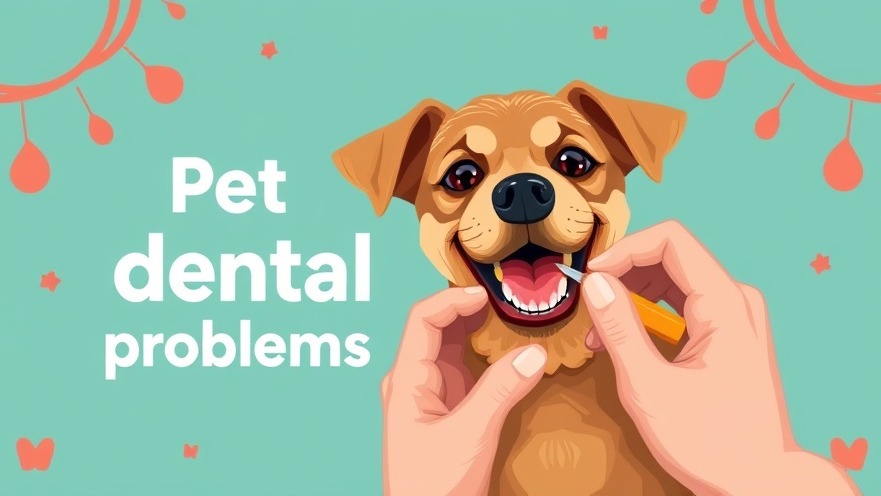
Keeping Your Dog Hydrated: The Essential Guide
As responsible pet owners, we understand that hydration is crucial for our beloved canines. Ensuring your dog is properly hydrated can prevent a host of health problems, including kidney stones, urinary infections, and overall lethargy. Let’s dive into how to keep your furry friend well-hydrated in the comfort of your home.
Understanding Your Dog's Hydration Needs
Different factors influence how much water a dog needs, including size, age, activity level, and diet. On average, dogs should consume about one ounce of water per pound of body weight. This means a 50-pound dog should drink approximately 50 ounces, or about 6 cups, of water daily. However, this can vary greatly; active dogs, especially during warm weather, may require more.
Importance of Fresh Water
Providing fresh, clean water should be a top priority. Dogs can be picky about their water, and if it's not appealing, they may not drink it. It’s essential to change their water regularly, clean bowls daily, and invest in a water fountain that keeps it circulating, which many dogs seem to prefer. This can encourage them to drink more and maintain their hydration levels.
Water-Infused Treats: Keeping It Interesting
Sometimes, dogs may not be in the mood to drink. To tackle this, consider water-rich foods like watermelon, cucumber, or carrot treats. These options not only provide hydration but also serve as nutritious snacks. Homemade ice cubes made of broth can be a delightful summertime treat that keeps dogs hydrated and cool.
Recognizing Signs of Dehydration
Being aware of the signs of dehydration is vital. Look for symptoms such as dry gums, excessive panting, lethargy, and a decrease in skin elasticity (you can test this by gently pulling on the skin at the scruff of your dog’s neck and watching how quickly it falls back). If you notice these signs, it's crucial to offer water immediately and consult your veterinarian if symptoms persist.
Hydration During Exercise
When engaging in physical activities, hydration becomes even more critical. Always carry water with you on walks or hikes, and ensure your dog has regular breaks to drink. For longer outings, consider portable water bowls to make hydration accessible.
Hydration and Dog Food
The type of food you feed your dog can significantly impact their hydration needs. Dry kibble may require your dog to drink more water, while wet or canned food has a higher moisture content and contributes directly to their hydration levels. Thus, if you feed a diet high in dry food, increasing their water intake is vital.
Consulting Your Veterinarian
Every dog is different, and it’s essential to consult with a veterinarian about your dog’s specific hydration needs. Regular check-ups can help address concerns, ensuring your dog’s hydration and overall health are well maintained.
Conclusion: Empowering Your Dog's Health with Proper Hydration
In conclusion, maintaining your dog's hydration is not only simple but also vital for their health. By providing fresh water, incorporating hydrating foods, and keeping an eye on their signs of thirst and dehydration, you can ensure your beloved pet leads a happy and healthy life. Stay proactive, and your dog will thrive!
 Add Row
Add Row  Add
Add 




 Add Row
Add Row  Add
Add
Write A Comment